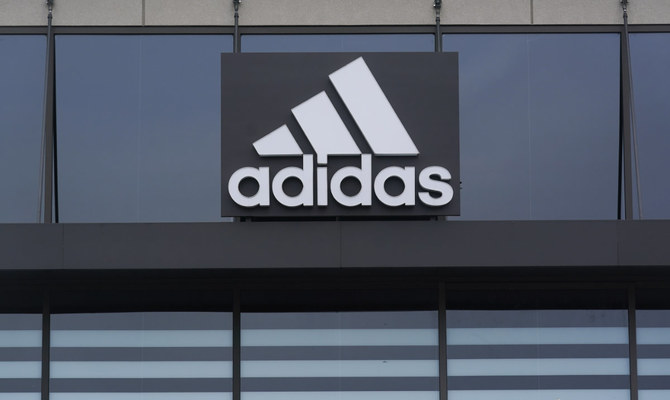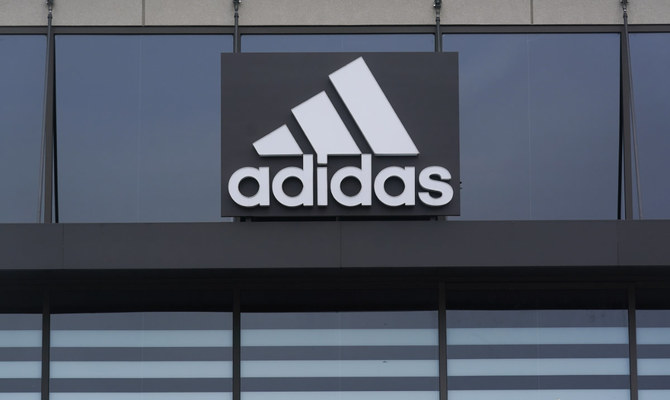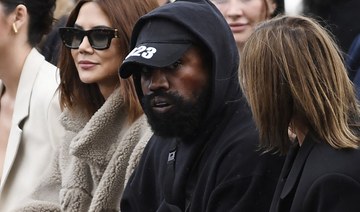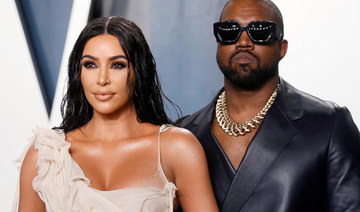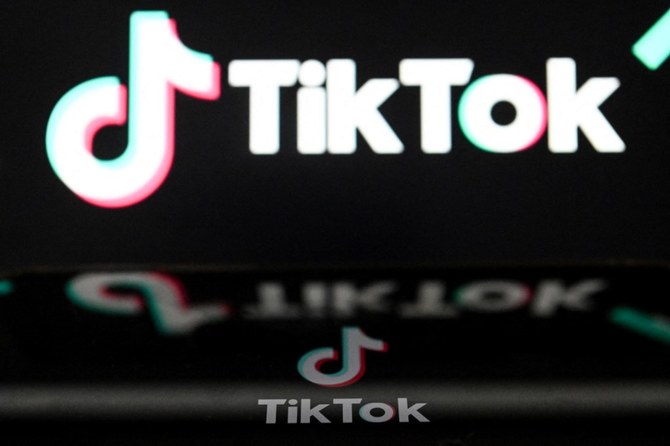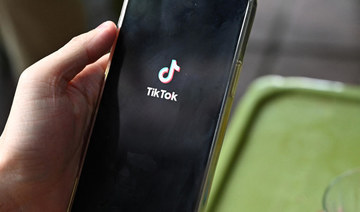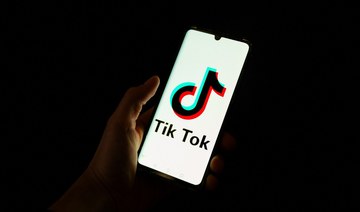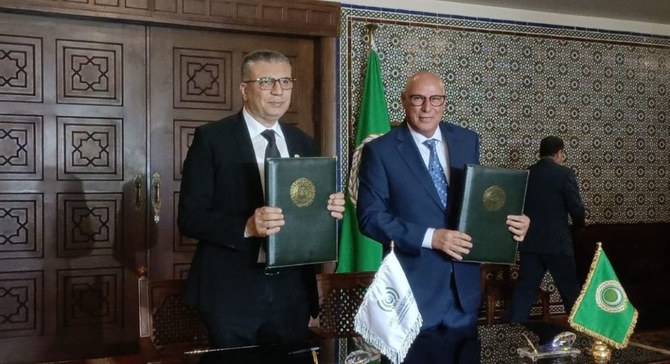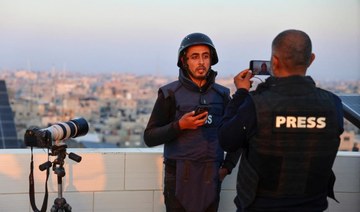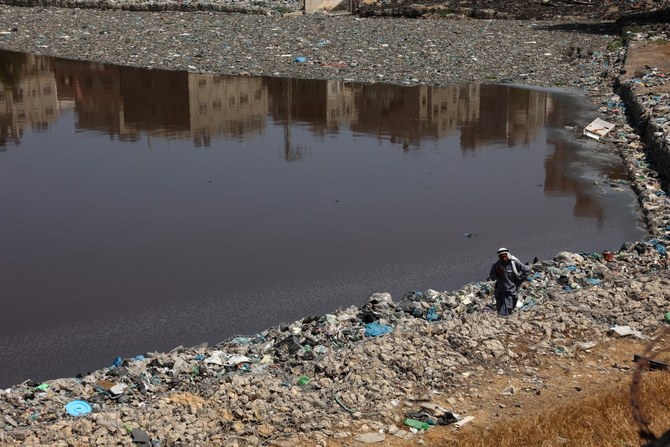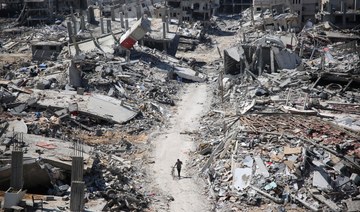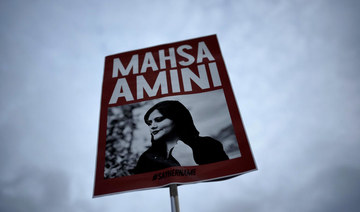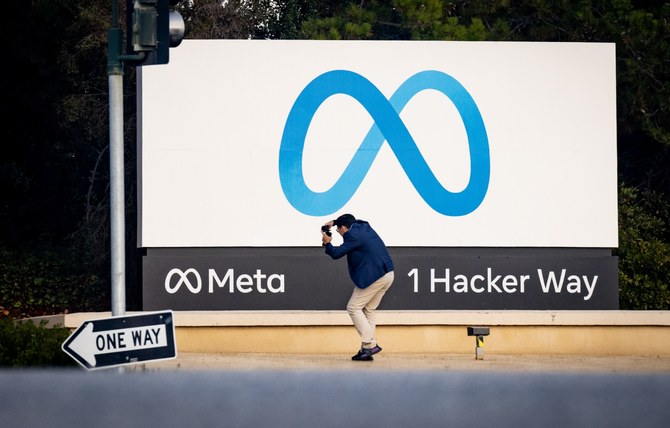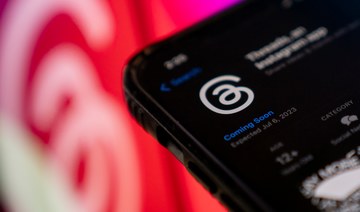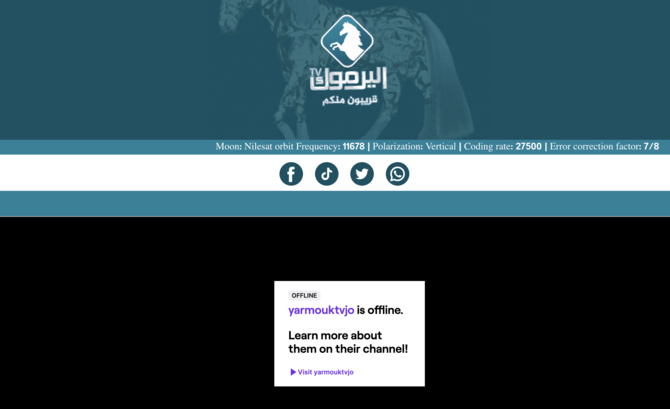DUBAI: Sports brand Adidas has announced it is ended its lucrative partnership with musician Ye, formerly known as Kanye West, over an antisemitism row.
It follows other controversial comments and erratic behavior from the performer, including showing up at Paris Fashion Week wearing a “White Lives Matter” T-shirt.
In an interview with NewsNation’s Chris Cuomo this month, Ye criticized what he called the “Jewish underground media mafia” and alleged that “every celebrity has Jewish people in their contract.”
He has also taken to social media platforms such as Twitter and Instagram to express opinions widely regarded as antisemitic, resulting in the platforms restricting his ability to post.
Adidas previously said its partnership with Ye, under the Yeezy brand, was under review and on Tuesday the company announced it was terminating the relationship with immediate effect.
“Adidas does not tolerate antisemitism and any other sort of hate speech,” the company said.
“Ye’s recent comments and actions have been unacceptable, hateful and dangerous, and they violate the company’s values of diversity and inclusion, mutual respect and fairness.”
The move will have a negative impact on Adidas of up to “€250 million ($249 million) on the company’s net income in 2022 given the high seasonality of the fourth quarter,” according to the statement.
Morningstar analyst David Swartz previously estimated that collaborations with Yeezy brought in close to $2 billion a year for Adidas, or close to 10 percent of the company’s total revenue.
Adidas is not alone in distancing itself from Ye. Fashion house Balenciaga, whose fashion show in Paris this month was opened by the rapper, deleted him from photographic and video coverage of the show, and similar images of him also disappeared from Vogue Runway, The New York Times reported. Balenciaga formally ended ties with him last week.
In September, Ye announced that he would be ending his partnership with Gap because the company had failed to honor the terms of their deal. Gap had confirmed the end of the partnership but initially said existing merchandise will continue to be sold in the company’s stores and on its website through the first half of 2023.
On Tuesday, however, it shut down YeezyGap.com and said: “Our former partner’s recent remarks and behavior further underscore why we are taking immediate steps to remove Yeezy Gap product from our stores.
“Antisemitism, racism and hate in any form are inexcusable and not tolerated in accordance with our values.”
Hollywood, too, is increasingly shunning Ye. On Monday, film and TV production studio MRC announced it has severed ties with him. It said: “This morning, after discussion with our filmmakers and distribution partners, we made the decision not to proceed with any distribution for our recently completed documentary about Kanye West. We cannot support any content that amplifies his platform.”
The Creative Artists Agency, which has represented Ye since 2016, has also dropped him as a client. Jeremy Zimmer, CEO of United Talent Agency, a prominent global agency based in Los Angeles, sent a company-wide memo on Oct. 23 calling for a boycott of the performer, Variety reported.
“As a company we stand for a wide diversity of voices and ideas. But we can’t support hate speech, bigotry or antisemitism. Please support the boycott of Kanye West. Powerful voices spewing hatred have frequently driven people to do hateful things. Let’s not be lulled into thinking this time it’s different,” Zimmer wrote.
Antisemitic incidents in the US have reached an all-time high, according to a report by the Anti Defamation League, increasing by 34 percent between 2020 and 2021to the highest number on record since ADL began tracking antisemitic incidents in 1979. They included 88 assaults, an increase of 167 percent from 33 in 2020, involving 131 victims. Cases of harassment rose by 43 percent from 2020, and incidents of vandalism increased by 14 percent.
“When it comes to antisemitic activity in America, you cannot point to any single ideology or belief system, and in many cases, we simply don’t know the motivation,” said Jonathan A. Greenblatt, ADL’s CEO and national director.
“But we do know that Jews are experiencing more antisemitic incidents than we have in this country in at least 40 years, and that’s a deeply troubling indicator of larger societal fissures.”


